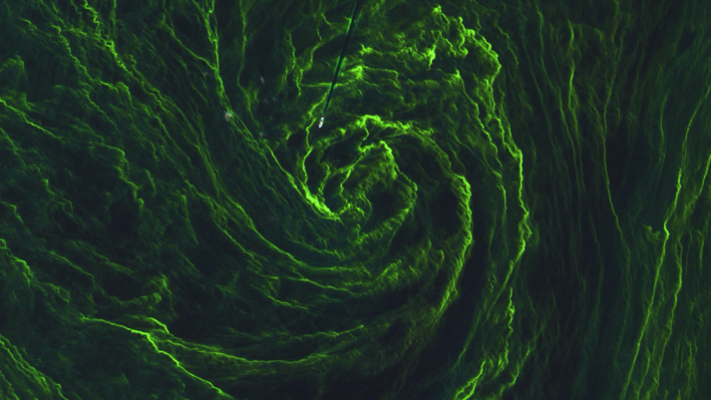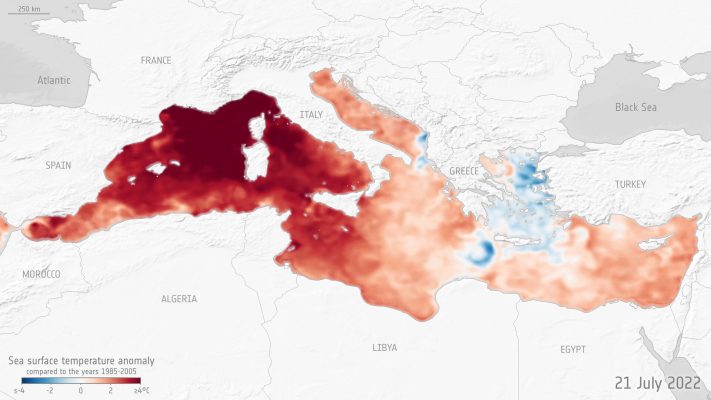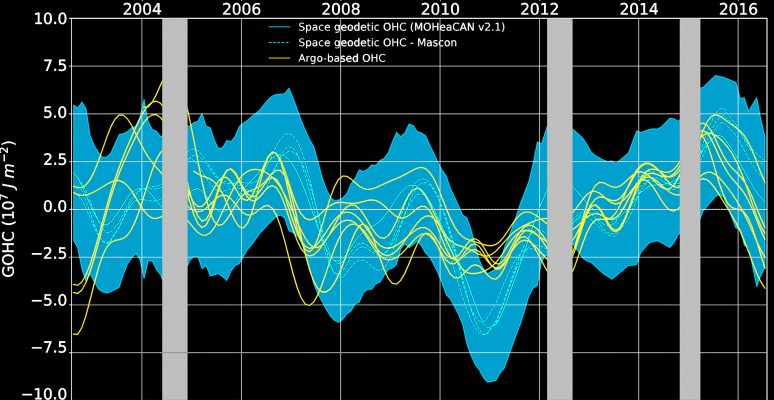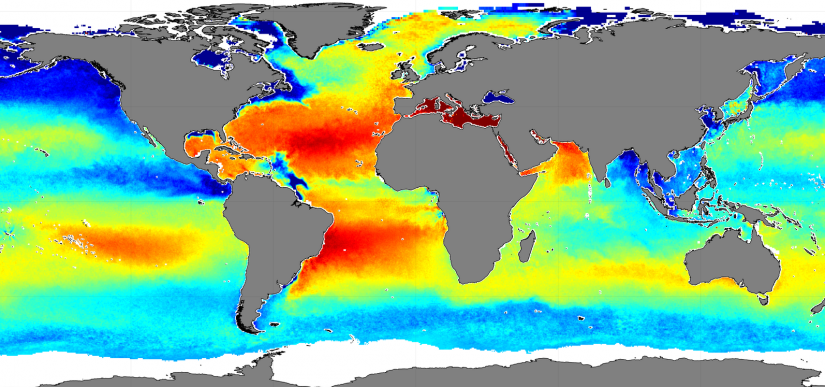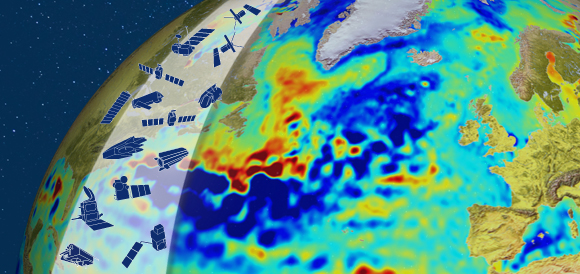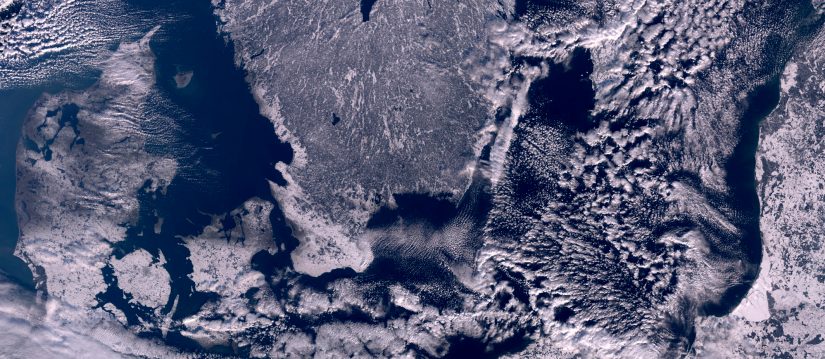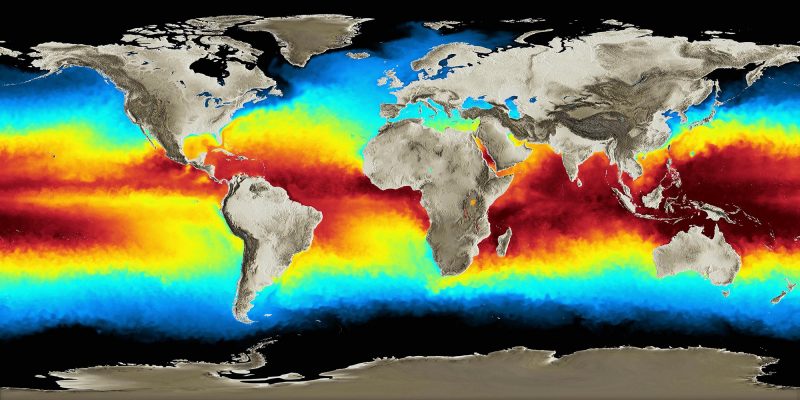Satellites increasingly critical to monitor ocean health
Oceans play a crucial role in regulating the Earth’s climate by absorbing heat and carbon dioxide, but this leads to ocean acidification and alterations in temperature, circulation, and weather patterns, affecting marine ecosystems and global climate. Satellites have become essential tools for monitoring ocean health. Recent research, highlighted in a paper published in Earth Science …


